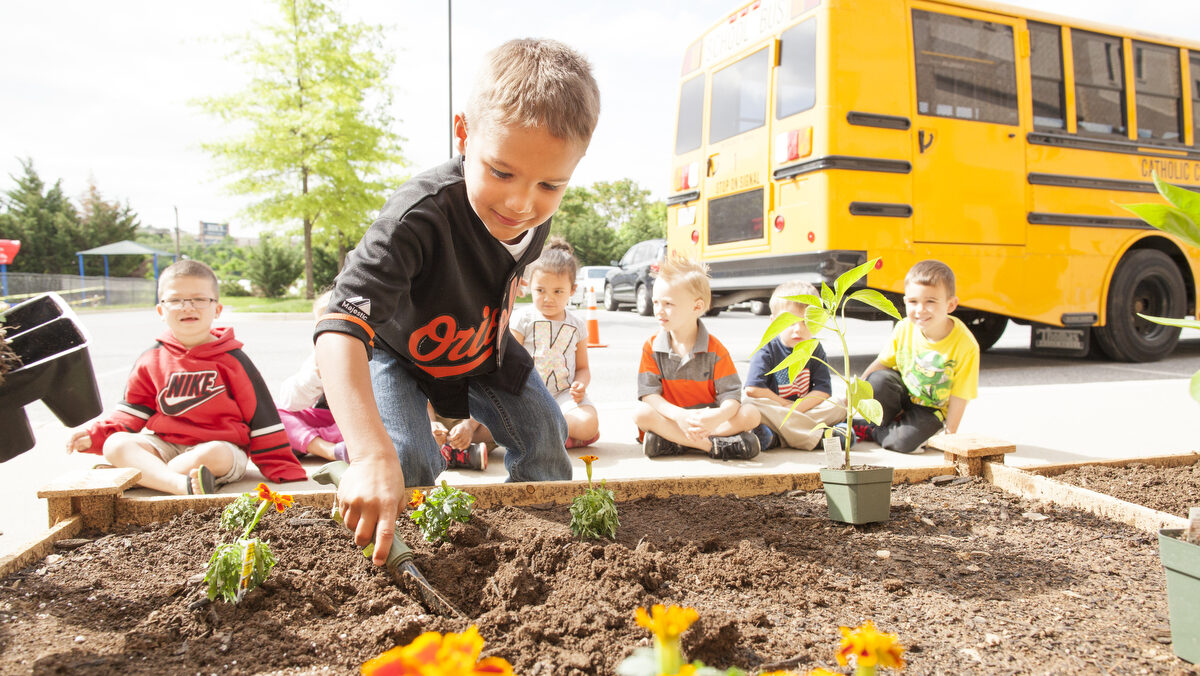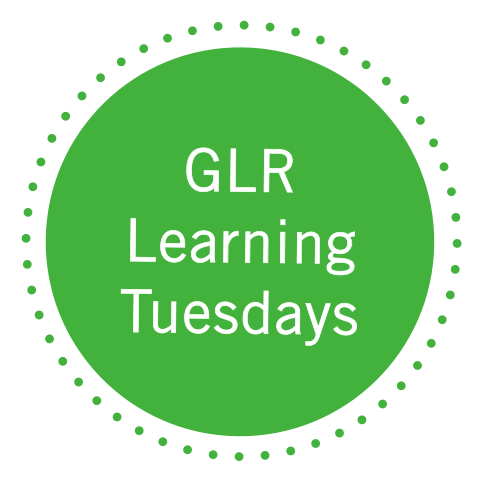
- This event has passed.
Starting Strong: Developing Foundational Life Skills in Kindergarten

Moderated by Carly Roberts with Overdeck Family Foundation, this session explored the importance of social emotional learning (SEL) and executive function skills for kindergartners, as well as the long-term impact of implementing these programs.
The conversation began with Aaliyah Samuel, Ph.D., of CASEL who emphasized the critical role of SEL in children’s development, particularly in light of the challenges posed by the COVID-19 pandemic. Samuel discussed how SEL is foundational for children’s academic success and overall well-being, highlighting its importance across all stages of life. Noting the global momentum behind SEL implementation in countries like Brazil and Colombia, Samuel concluded by urging attendees to recognize the timeliness and significance of prioritizing SEL:
“We really want to emphasize that social emotional learning happens anywhere and everywhere there are people, we know the critical role that parents and families play, as well as the broader community.”
Elena Bodrova, Ph.D., of Tools of the Mind continued the conversation by discussing the importance of executive function in children’s development. Bodrova prefaced her presentation by sharing studies that highlighted persistent concerns among kindergarten teachers regarding self-regulation issues within their classrooms. This acknowledgement, she explained, was a guiding force in the development of Tools of the Mind in classrooms, where there was an attempt to integrate opportunities for children to practice self-regulation skills. Bodrova closed by sharing promising results from a recent study that demonstrated the positive outcomes of Tools of the Mind classroom interventions for both children and teachers.
Attendees then heard from Kim Paddison Dockery, Ed.D., with KPD Education who described her collaboration with Ellen Galinsky to integrate executive functioning skills into kindergarten education. Dockery explained the development of her “bridge to K” work that aims to prepare incoming kindergartners for success, with a focus on improving executive functioning, reading and math skills. She closed by emphasizing the importance of continuous learning and adaptation to fully support students, families and teachers before kids get to kindergarten:
“We found that we could have a bridge to kindergarten by introducing some of these skills and getting kids a little bit more ready for the kindergarten classroom…so that’s what we set out to do.”
To close the conversation, Erin Helgren from Children’s Institute discussed her work in Yoncalla, Oregon. A small town severely impacted by economic decline and the decline of the timber industry, Helgren explained how education leaders in Yoncalla were determined to work together as a community to ensure kindergarten readiness and support children’s success, regardless of their families’ economic status. Helgren noted that through parent engagement events, parenting education classes and community activities, they have increased parent involvement and created a welcoming school environment.


